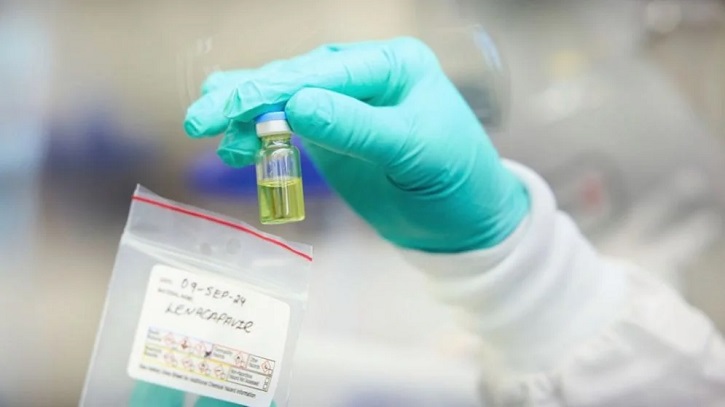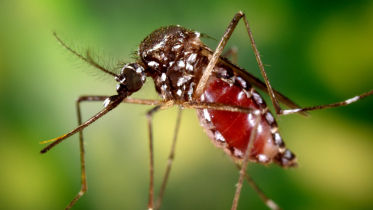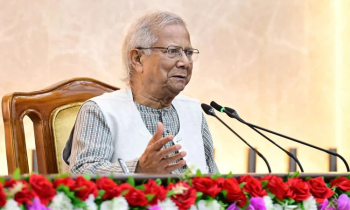
Over 1.03 million people are infected with HIV every year across the world. While AIDS-related deaths have significantly declined in recent years—thanks to widespread access to antiretroviral therapy (ART)—scientists have now achieved a major breakthrough in the decades-long fight against AIDS. For the first time, a 100% effective HIV prevention drug has been developed. This drug, called “Sunlenca” under the brand name “Lenacapavir,” is administered via a biannual injection and is now on the path to global distribution, potentially saving millions of lives.
According to a recent report published in New Atlas magazine, this revolutionary drug works as a pre-exposure prophylaxis (PrEP), meaning it protects individuals who are not yet infected with HIV. Developed in 2024 by U.S.-based pharmaceutical company Gilead Sciences, the drug has already been recognized in several scientific journals as the “Innovation of the Year.”
How does it work?
Lenacapavir targets and disables the capsid—the protein shell that carries the HIV-1 virus’s genetic material—making it impossible for the virus to replicate once inside the body. As a result, the risk of infection drops to nearly zero. Daniel O’Day, Chairman and CEO of Gilead Sciences, described it as a historic moment in the fight against HIV. “Sunlenca is a defining success of modern science,” he said, “and it could finally mark the end of the AIDS pandemic.”
Research suggests that just one injection every six months offers strong protection against HIV, eliminating the burden of daily pills and helping reduce the stigma often associated with HIV prevention.
How much does it cost?
According to BioPharma Dive, the drug currently sells in the U.S. for $28,218 annually. Each vial supports two injections per year. The high price has sparked criticism, but Gilead says it is working to make the drug more affordable globally.
When will it reach other countries?
Gilead has already submitted applications for approval in countries such as Australia, Brazil, Canada, South Africa, and Switzerland. In addition, it has signed royalty-free licensing agreements with six generic manufacturers to distribute the drug in 120 low- and middle-income countries. Gilead has also pledged to supply the drug to 2 million people over the next three years at no profit, in partnership with the Global Fund. This move could ensure widespread availability of the drug in lower-income regions in the near future.





